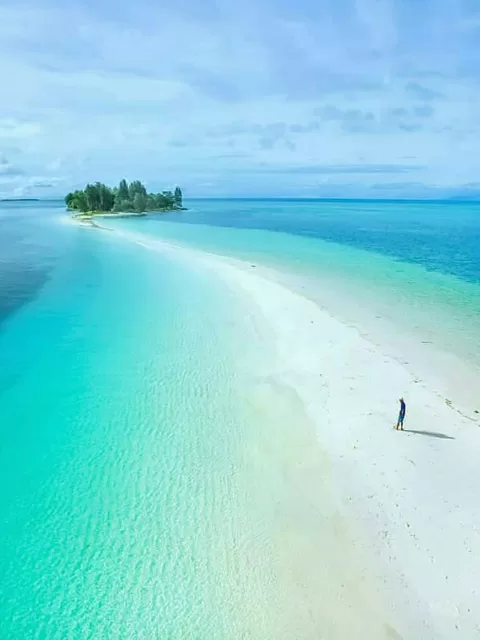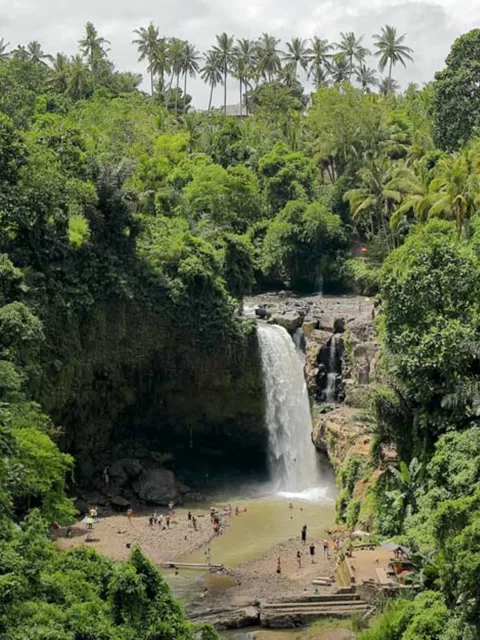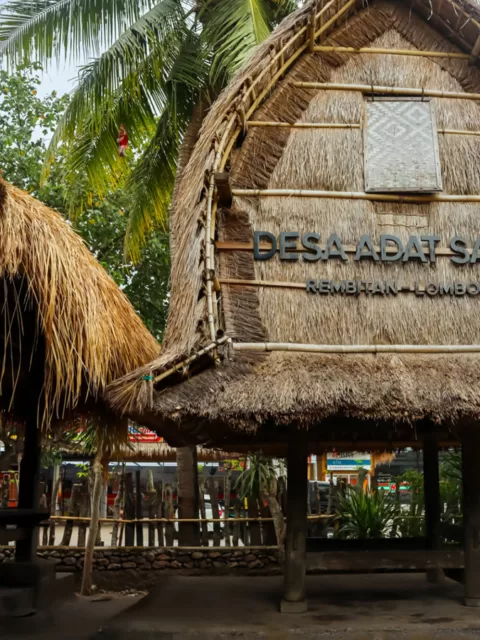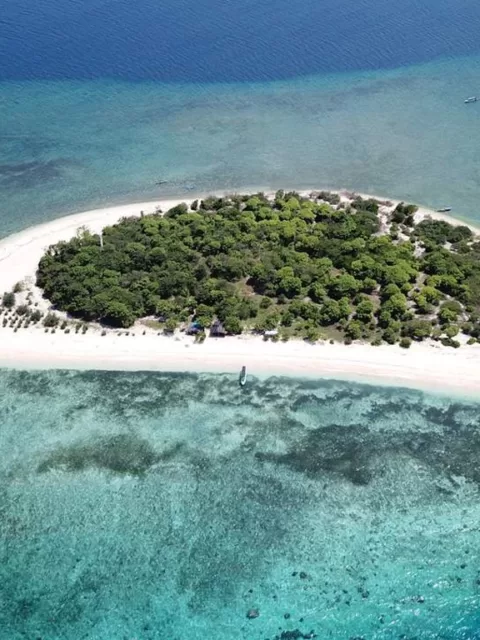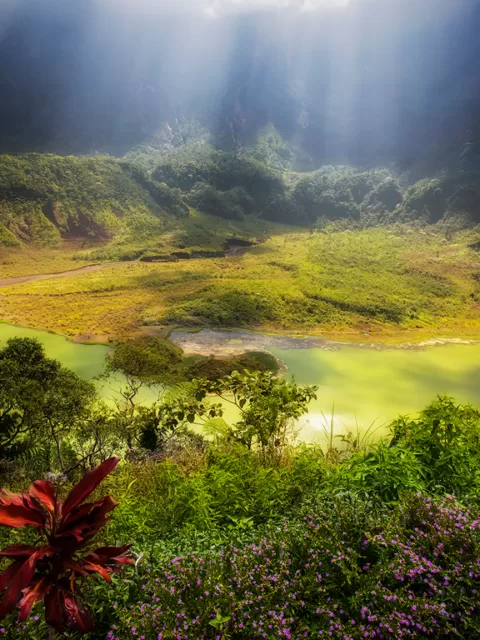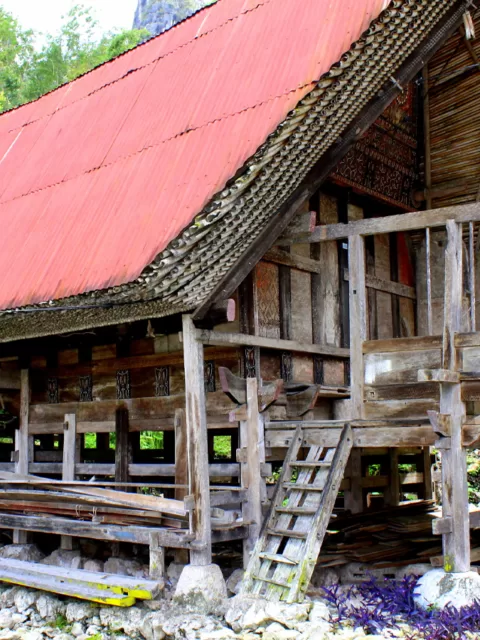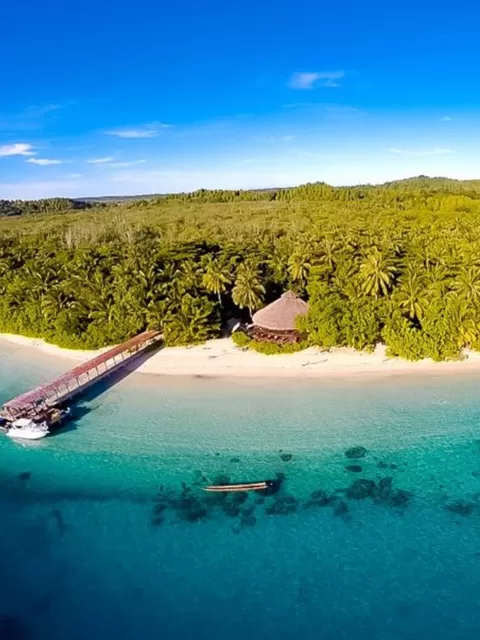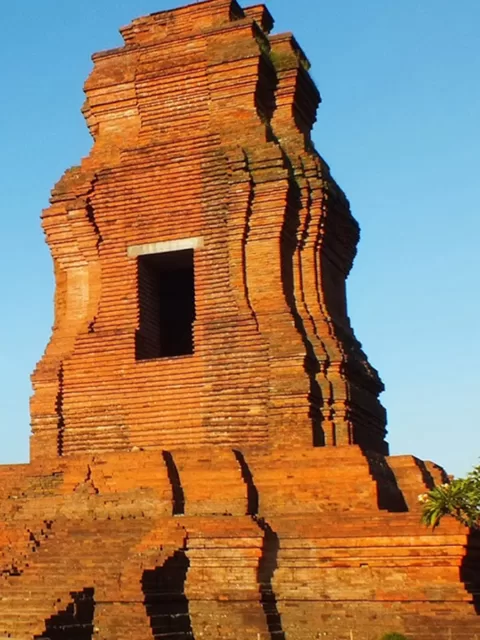Toraja Traditions Delving into the Sacred Rites and Rich Heritage of Suku Toraja
I. Introduction
A. Brief overview of the Toraja people (Suku Toraja) The Toraja people, commonly referred to as Suku Toraja, are one of the ethnic groups of Indonesia, hailing predominantly from the mountainous region of South Sulawesi. Rich in indigenous heritage in Indonesia, the Toraja stand out due to their unique cultural practices and beliefs. Their ancestral practices and tales are an embodiment of the ethnographic diversity in Indonesia.
B. Significance of Toraja culture in the context of Indonesia travel In the grand tapestry of cultural diversity in Indonesia, the Toraja culture holds a special place. Their ancestral communities, indigenous languages, and traditional knowledge attract travelers from across the globe, making them an essential part of the Indonesian travel narrative. Their unique traditions enhance the richness of Indonesia’s cultural tourism landscape.

II. Historical and Cultural Roots
A. Historical origins and heritage of the Toraja people Rooted deep in the annals of Indonesian history, the Toraja people trace their origins to ancient settlers of the Sulawesi highlands. They possess a unique ethnic identity in Indonesia, with a culture that has been passed down through countless generations. Their indigenous storytelling and ancestral practices, preserved through oral traditions, offer a vivid insight into their heritage.
B. Connection between Toraja culture and Indonesian history The Toraja culture is intertwined with Indonesian history, acting as a testament to the country’s rich tribal cultures. Their enduring traditions, from architecture to ceremonies, are reflective of the cultural preservation among Indonesian tribes. They serve as living relics of Indonesia’s past, offering a tangible connection to bygone eras.
C. Influence of Toraja culture on contemporary Indonesia travel Toraja’s unique cultural practices, from their indigenous art and crafts to their age-old rituals, play a significant role in shaping Indonesia’s tribal tourism landscape. Tourists, intrigued by the traditional knowledge of Indonesian tribes, often find the Toraja experience both enlightening and captivating, making it a highlight of their Indonesian journey.

III. Diverse Toraja Communities
A. Different Toraja subgroups and regions The Toraja community, though unified in their core beliefs and practices, consists of several subgroups, each with its distinct characteristics. These subgroups, shaped by their geographical locations and historical influences, contribute to the rich ethnic identities in Indonesia.
B. Geographical distribution of Toraja communities Primarily residing in the South Sulawesi region, the Toraja communities are scattered across the mountainous terrains and lush valleys. Their settlements, often isolated from each other by natural barriers, have led to the development of unique customs and rituals in Indonesia, specific to each subgroup.
C. Unique cultural aspects of specific Toraja subgroups Each Toraja subgroup, with its distinctive traditions, enriches Indonesia’s travel experiences. For instance, some regions might be known for their specific dance forms, while others might be renowned for their unique architectural styles. These variances, deeply rooted in their ancestral practices, offer travelers a multifaceted view of the Toraja culture.

IV. Toraja Rituals and Ceremonies
A. Overview of traditional Toraja practices and customs The Toraja people are renowned for their elaborate rituals and ceremonies. Their rites of passage, particularly the funeral ceremonies, are intricate events that can span several days. These rituals, deeply rooted in their indigenous storytelling, provide an insight into the Toraja worldview.
B. Elaborate rituals, ceremonies, and festivals One of the most well-known Toraja ceremonies is the funeral rite, where buffalo sacrifices and traditional dances play an integral role. Festivals, celebrating various aspects of life and nature, are also prevalent, with each embodying the unique traditions of Indonesian tribes, particularly of the Toraja.
C. Indigenous art, crafts, and architecture Toraja’s traditional architecture, particularly their tongkonan (ancestral houses), showcases their exceptional artistic prowess. With buffalo horn-shaped roofs and intricate carvings, these structures are a testament to the indigenous art and crafts of Indonesia. These architectural marvels, coupled with their vibrant textiles and handicrafts, appeal to tourists seeking authentic cultural experiences.

V. Toraja Cuisine and Culinary Traditions
A. Traditional Toraja dishes and recipes Toraja cuisine is a delightful mix of flavors, ingredients, and techniques that highlight the cultural diversity in Indonesia. Traditional dishes like “Pa’piong” (meat or fish cooked with spices inside bamboo) showcase their unique approach to cooking. Another specialty is the “Pamarrasan,” a black spice meat dish, colored using burnt coconut. These dishes not only tantalize the taste buds but also tell stories of the indigenous communities in Indonesia.
B. Culinary experiences for travelers For travelers, tasting Toraja cuisine is an immersive experience, reflecting the native customs and rituals in Indonesia. Local markets in Toraja regions, like the Pasar Bolu in Rantepao, offer a variety of indigenous ingredients and dishes. Engaging with the locals over a meal, travelers can get an authentic taste of Torajan life and its rich traditions.
C. The role of Toraja cuisine in enhancing Indonesia travel Cuisine plays a pivotal role in representing the cultural and ethnolinguistic groups of Indonesia. In this context, Toraja culinary practices offer a unique gastronomic journey. From farm to table, the whole culinary process narrates the tales of ancestral practices of Indonesian tribes, especially the Toraja, enhancing the overall travel experience in the country.

VI. Exploring Toraja Villages
A. Authentic Toraja village experiences for tourists The Toraja villages, with their stunning tongkonans, terraced rice fields, and sacred burial sites, present a vivid tableau of Torajan life. Exploring these villages allows tourists to witness the indigenous heritage in Indonesia firsthand. Villages like Ke’te Kesu and Londa offer insights into ancestral communities of Indonesia, making them must-visit destinations.
B. Staying in Toraja homestays Homestays provide an intimate experience of Torajan culture. Staying with a local family, travelers get a firsthand view of daily Toraja life – from their morning rituals to their indigenous storytelling sessions in the evenings. These stays foster a deep connection between tourists and the native peoples of Indonesia, offering mutual cultural exchanges.
C. Immersion in daily life in Toraja communities Immersing oneself in the daily rhythms of Toraja life can be an enlightening experience. Whether it’s participating in daily chores, attending a local ceremony, or learning the nuances of their indigenous art and crafts, every moment spent in these communities adds depth to the Indonesia travel narrative.

VII. Adventure and Eco-Tourism
A. Adventure opportunities in Toraja regions The picturesque landscapes of Toraja offer numerous adventure opportunities. From trekking across the scenic hills to exploring hidden caves, the region promises thrilling experiences for adventure enthusiasts. The diverse terrains reflect the geographical distribution of the diverse Toraja communities and cater to various adventure activities.
B. Toraja’s contribution to eco-tourism initiatives Toraja, with its pristine natural beauty and sustainable tribal practices, plays a significant role in Indonesia’s eco-tourism initiatives. The community’s respect for nature, combined with their traditional knowledge of Indonesian tribes, provides a framework for sustainable tourism that both educates and conserves.
C. How Toraja culture and natural beauty enhance adventure and eco-tourism in Indonesia Blending cultural experiences with nature-based activities, Toraja offers a holistic approach to eco-tourism. Witnessing the unique traditions of Indonesian tribes, specifically the Toraja, against the backdrop of lush landscapes, waterfalls, and rice terraces, enhances the appeal of adventure and eco-tourism in the region.

VIII. Conservation and Sustainable Tourism
A. Efforts to preserve Toraja culture and the environment Given the rich cultural heritage and pristine natural landscapes of Toraja, there have been concerted efforts to preserve both. The tongkonans, with their unique architecture, are maintained and passed down generations, representing the enduring indigenous heritage in Indonesia. Simultaneously, community-led initiatives, often in collaboration with environmental organizations, ensure that the natural beauty of the Toraja regions remains unspoiled for future generations.
B. Collaborative initiatives with tourists in conservation Engaging tourists in conservation has proven to be an effective strategy in Toraja. By promoting responsible tourism, visitors are educated about the importance of preserving both the environment and the rich cultural heritage of the region. Workshops, guided tours, and community interactions shed light on the ancestral practices of Indonesian tribes, fostering a sense of respect and responsibility among tourists.
C. Balancing tourism with cultural preservation in Indonesia travel with Toraja communities A sustainable approach to tourism ensures that while the Toraja regions benefit economically, their cultural and environmental integrity remains intact. Local guidelines, often formulated in consultation with tribal elders, provide travelers with insights into culturally sensitive behaviors, ensuring that their presence is non-intrusive and beneficial for the community.

IX. Challenges and Considerations
A. The impact of modernization on Toraja culture Like many indigenous communities around the world, the Toraja face challenges from rapid modernization and globalization. While technological advancements offer improved living standards, there’s a genuine concern about younger generations moving away from traditional ways, causing potential erosion of the ethnographic diversity in Indonesia.
B. Ethical and responsible tourism practices in Toraja regions For tourism to be beneficial for both the Toraja community and the tourists, it must be conducted ethically. This means respecting local customs, understanding the significance of sacred sites, and not commodifying cultural experiences. Responsible tourism practices ensure that the cultural diversity in Indonesia is appreciated and not exploited.
C. Future challenges and the sustainability of Indonesia travel with Toraja communities The balance between accommodating an increasing number of tourists and maintaining cultural authenticity is delicate. As more travelers seek authentic experiences, there’s a pressing need to ensure that tourism infrastructures are developed sustainably, keeping the unique traditions of Indonesian tribes at the forefront of planning and execution.
X. Conclusion
A. Recap of the significance of Toraja culture in Indonesia travel The Toraja people, with their rich history, unique rituals, and stunning landscapes, offer a window into the vibrant tapestry of Indonesia’s cultural heritage. Their significance in the context of Indonesian travel cannot be overstated, as they provide travelers with unparalleled insights into the ancestral communities of Indonesia.
B. Encouraging responsible and culturally sensitive tourism As Indonesia continues to be a sought-after travel destination, it’s imperative for tourists to approach their journeys with sensitivity and respect. By understanding and valuing the indigenous storytelling, art, and traditions of places like Toraja, travelers can contribute positively to the communities they visit.
C. The lasting impact of Toraja cultural experiences on travelers Visiting Toraja isn’t just a journey across landscapes but also through time, rituals, and traditions. The memories made here, informed by the rich tapestry of Toraja culture, leave an indelible mark on travelers, reminding them of the intricate web of stories, beliefs, and practices that bind humanity together.



